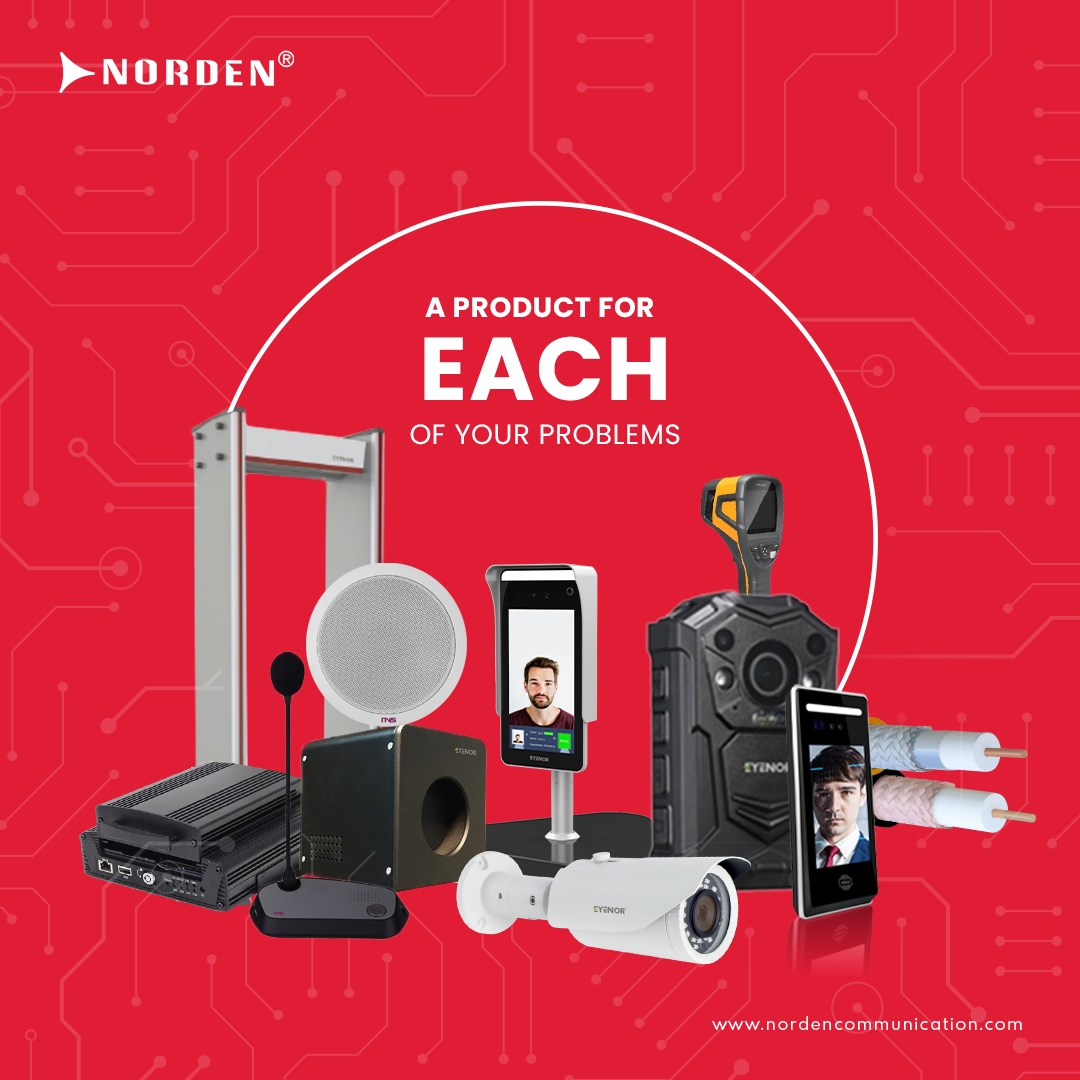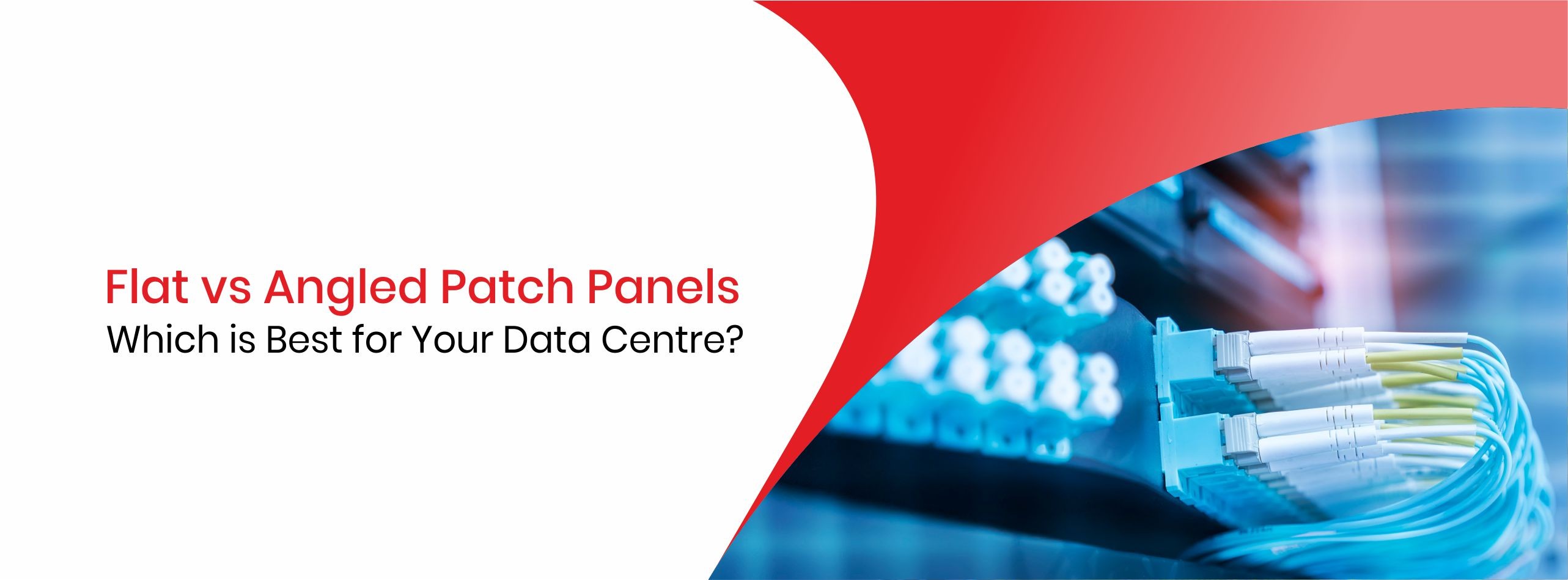Fill out your details and our executive will get in touch with you soon.










































































































































621bbeb35b785.jpg)
Decision-making about CCTV cameras would demand knowledge about the systems and technology. Whether you want a DVR (Digital Video Recorder) or NVR (Network Video Recorder) is such a question. You should have some idea about both since those perform the same function.
NVR and DVR systems differ in the technology, the cameras used, and the method of functioning. Ample awareness about the subtle differences, the pros, and the cons, of each, would help you reach an informed decision.
Basic Difference between NVR and DVR systems in the way the systems process the video data. With this basic difference, the operation of associated components like cameras is distinctive from each other.
DVR or Digital Video Recorder processes the video data capture in the recorder. On the other hand, the camera is the processing station in the case of the NVR or Network Video Recorder. The processed video would then be transmitted to the network recorder for storage process as well as viewing.
Capturing and processing the moving images in a unique manner, the systems necessitate exclusively designed cameras. The NVR system uses IP cameras instead of the Analog cameras used in the DVR system.
A prominent factor that led to the increased use of the NVR system is the convenience it offers. Since the NVR system can be wired or wireless depending on the selection of the user. Whereas only a wired DVR system is available.

NVR system integrates innovative technology to offer improved results and efficient functioning. It provides an array of enhanced features that aid in seamless surveillance and around-the-clock monitoring. The NVR system can be infused with a Power over Ethernet (PoE) system to augment the results and augment the functionalities.
NVR systems are more complex than DVR systems. Therefore, procuring them from reputed reliable manufacturers is vital to prevent failure or improper performance.
DVR system can be installed on a much lower budget than an NVR system. Pricing is the predominant advantage of using the DVR system at your facility. Research and development in Analog camera technology have resulted in the availability of high-resolution cameras. This makes it okay to go for a DVR system if you don’t want to pay a few pennies extra for the NVR system. Inability to incorporate advanced technology, and clarity issues are the main disadvantages of DVR.
Let’s look into the differences among the components used in both the systems. You can use the data we elaborate on here during the discussions for the procurement of surveillance systems for your entity. It would help you in determining the best for your organization.
| Component | NVR | DVR |
| Camera | IP Camera installed with chip for processing and transmitting the captured data. Possesses durability and outstanding functionality. It can have modern systems like face recognition software installed. | The analog camera used is less complex than the IP camera in NVR. The data is transmitted to the recorder for processing and saving the videos. Cheaper than IP cameras, which also reduces the expenditure for DVR system installation, compared to NVR. |
| Recorder | The data is processed in the camera itself. NVR recorder provides storage and viewing of recorded images. All the cameras in the system will be connected to the same network. | The recorder is the brain of the DVR system. Each camera is connected to a recorder for processing and viewing data. |
| Cable | Standard Ethernet cable | BNC Coaxial cable |
| Video Quality | Exemplary video outputs are the specialty of NVR systems. It also supports upto 4K resolution videos. So the High-resolution images and videos with audio provide effective surveillance and offer clear evidence in case of any unfortunate incident like theft or intrusion. | DVR recorders don’t have many audio input options. Therefore, forget about the audio data when you install DVR. Moreover, the video quality captured by the analog camera and processed by the recorder is poor compared to NVR. |
| Convenience | Convenient with the system offering both wired and wireless set up. Several cameras can be connected with the same network to receive input at a specific location or varying locations as per the client’s choice. | Only wired setting up is possible. Further, each camera should be connected to the digital recorder posing limitations in the number of cameras. The area of surveillance is affected as well, due to this issue. |
We can provide you a best opinion after evaluating the elements that define NVR and DVR systems. NVR security systems are a viable choice for many surveillance needs. However, as IP cameras become more sophisticated, recording higher resolutions and therefore creating larger amounts of data, businesses will need scalable storage—something cloud and hybrid cloud camera systems can provide. NVR systems tend to have better picture quality, as well as easier installation, increased flexibility, and native support for audio on every camera that has a microphone.
The NVR system is the right one for those looking at advanced safety and surveillance systems for their premises. Flexibility, innovativeness, image quality or the resolution of data, availability of audio, and limitless surveillance possibilities make NVR the best-preferred choice. You can contact Norden communications for more information.

















